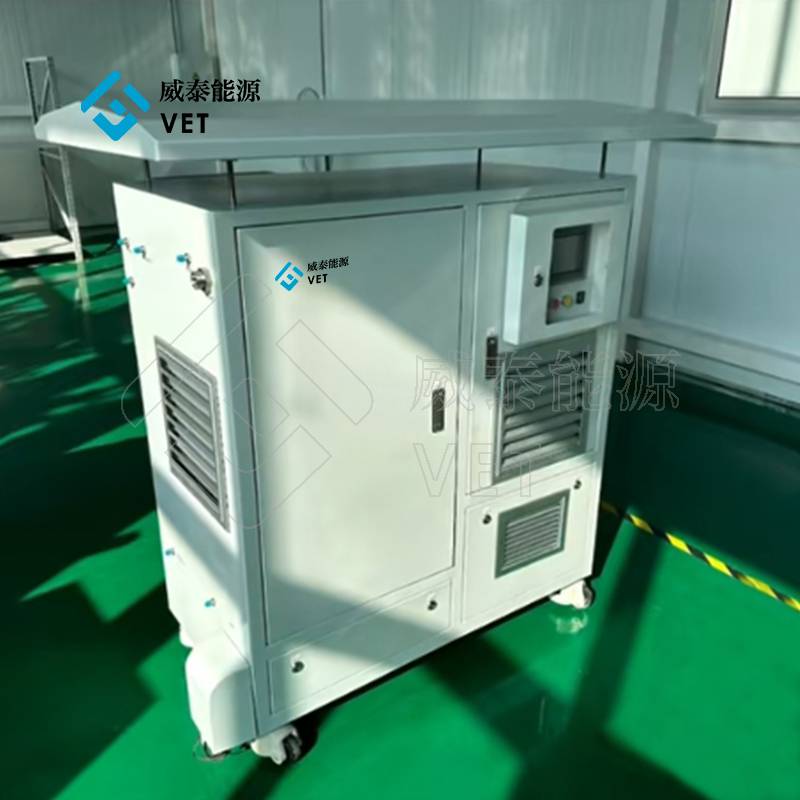Unlocking the Power of Clean Energy: What Is a Hydrogen Generator and Why It Matters
2025-06-17
As the world shifts toward sustainable and clean energy solutions, hydrogen generators have emerged as a promising technology that could revolutionize how we produce and use energy. From powering vehicles to providing industrial fuel, hydrogen generators offer an eco-friendly alternative to fossil fuels.
But what exactly is a hydrogen generator, and how does it work? Let’s dive in.

What Is a Hydrogen Generator?
A hydrogen generator is a device that produces hydrogen gas through various methods, the most common being electrolysis—a process that splits water into hydrogen and oxygen using electricity.
The produced hydrogen can then be stored and used as a clean fuel for fuel cells, industrial processes, or even energy storage.
How Does a Hydrogen Generator Work?
Electrolysis: Water is passed through an electrolyzer, where an electric current breaks the molecular bonds, separating hydrogen and oxygen.
Hydrogen Storage: The hydrogen gas is collected and stored safely for future use.
Applications: The hydrogen can power fuel cells, generate electricity, or serve as raw material in chemical industries.
Benefits of Hydrogen Generators
1. Clean and Renewable
Hydrogen produces zero emissions when used, with water being the only byproduct, making it an ideal clean energy source.
2. Energy Efficiency
Hydrogen can store excess renewable energy (like solar or wind), balancing supply and demand.
3. Versatile Applications
From fueling vehicles to heating homes and powering factories, hydrogen is highly adaptable.
4. Reducing Carbon Footprint
Using hydrogen reduces reliance on fossil fuels, helping to combat climate change.
Common Applications of Hydrogen Generators
Fuel Cell Vehicles: Hydrogen powers electric cars, buses, and trucks with zero emissions.
Industrial Use: Hydrogen is used in refining, ammonia production, and metal processing.
Power Generation: Hydrogen can generate electricity during peak demand or outages.
Portable Power: Small hydrogen generators provide backup power in remote locations.
Challenges and Future Outlook
While hydrogen generators hold great promise, challenges such as production costs, storage safety, and infrastructure need addressing. Ongoing research aims to improve electrolyzer efficiency and develop safer, more affordable storage solutions.
Governments and industries worldwide are investing heavily in hydrogen technology, making it a key player in the future energy landscape.
Final Thoughts
Hydrogen generators are a crucial step toward a cleaner, more sustainable energy future. By harnessing water and electricity, they produce a versatile fuel that can power everything from vehicles to homes—without harmful emissions.
If you’re interested in clean energy solutions or industrial hydrogen applications, understanding hydrogen generators is essential. Investing in this technology today can pave the way for a greener tomorrow.


